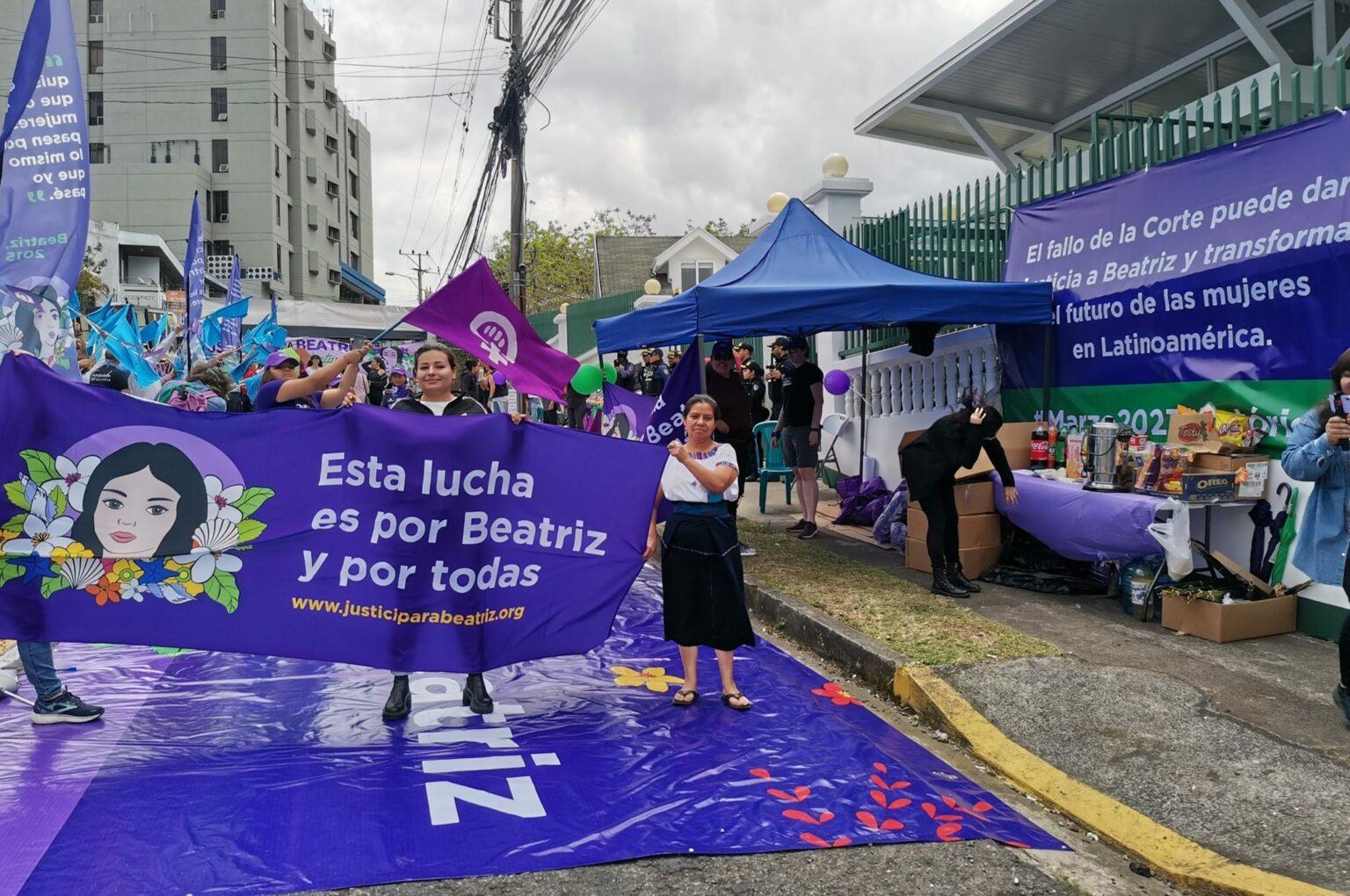Beatriz's case, before the Inter-American Court of Human Rights, reflects El Salvador's stringent anti-abortion laws. Denied the termination of her pregnancy despite grave health risks, Beatriz's plea was rejected by the Salvadoran Supreme Court, citing the child's rights over the mother's. Eventually, after intervention from the IACHR, a delayed cesarean section led to the baby's death and worsened Beatriz's health. This case symbolizes the repercussions of El Salvador's severe abortion restrictions, especially affecting marginalized women. Despite hope for justice, the country's political landscape remains staunchly against abortion rights. Similar challenges have been seen in Manuela's case, where the IACHR ruled in her favor posthumously. The government's resistance to acknowledging these violations showcases its alignment with conservative factions. This stance, influenced by international right-wing groups, reflects a growing regression on abortion rights in El Salvador.
- Home
- About Us
- Issues
- Countries
- Rapid Response Network
- Young Adults
- Get Involved
- Calendar
- Donate
- Blog


